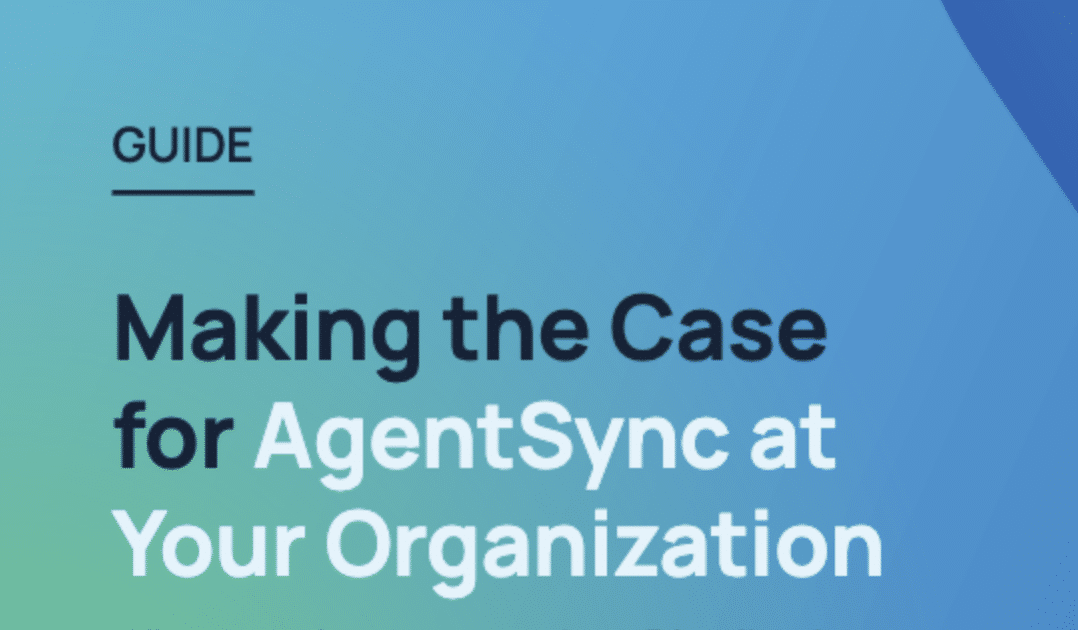

The yin to Vermont’s yang, New Hampshire is known for quaint towns and expansive wilderness, making it sound suspiciously like its neighbor, Canada.
Alas, New Hampshire isn’t in Canada. It’s in the great United States. And you know what that means: state-based insurance producer compliance.
While we’ve done our research on everything New Hampshire from fluffernutters to continuing education (CE) requirements, we recommend you do the same. The New Hampshire Department of Insurance (DOI) website is a great resource for all things producer compliance within the Granite State.
What is the due date for New Hampshire Insurance CE Credits?
In New Hampshire, producer licenses expire biennially on the last day of the licensee’s birth month and CE credits need to be completed at least 60 days before a producer’s license expires.
So, if you know you’re the type to wait until the last minute to handle CE credits, make sure you’re working toward the date of CE completion, not license expiration. To help smooth the process, New Hampshire will send out a notice 90 days before license expiration. That gives producers roughly 30 days from notice receipt to finalize CE requirements.
Who’s exempt from New Hampshire Insurance CE?
New Hampshire is a member of the NAIC Continuing Education Reciprocity agreement, which means its residents have a wide catalogue of courses to choose from. The state also recognizes other states’ licenses as reciprocal, meaning that all nonresident producer licensees are exempt from New Hampshire’s CE requirements.
There are exceptions to that rule, however. If a nonresident multi-line and workers’ compensation adjuster doesn’t have CE requirements in their resident state, then they are subject to New Hampshire CE requirements. Similarly, nonresident public adjusters are required to complete 15 hours of CE credits approved by the New Hampshire Department of Insurance.
On top of nonresident exemptions, New Hampshire won’t make you complete CE requirements if you’ve got any of the following designations: Life Underwriter Training Council Fellow, Chartered Life Underwriter, Chartered Financial Consultant, and Certified Financial Planner.
How many hours of CE are required for New Hampshire insurance producers?
Resident producers in New Hampshire need to obtain 24 CE credits for each renewal cycle, of which at least three but no more than 10 credits will be in ethics courses. Any ethics courses you earn above the 10 credits per licensing period are counted as general producer credits. So, if you’re big on ethics, we salute you. But be sure to sprinkle line-specific CE courses into your CE roster. Otherwise, you might have a hard time renewing your license in New Hampshire.
When it comes to taking certification exams, it’s important to remember that online exams are closed book – so don’t go looking for those notes or course materials during the exam – and you must passed with a score of at least 70 percent. Don’t sweat it if you don’t pass on the first go, though. You can retake CE exams an unlimited number of times.
Adjuster requirements
People licensed as an adjuster must be certified by the New Hampshire Department of Insurance as having completed 20 hours of CE.
Those licensed with workers’ compensation must complete at least 10 credits of approved worker’s compensation courses and 10 credits of approved multi-line courses. Adjusters without worker’s compensation authority have the flexibility to complete their 20 CE credits through either exclusively multi-line approved courses or any combination of approved worker’s compensation or multi-line CE courses.
Annuity requirements
Those New Hampshire resident producers looking to sell, solicit, or negotiate annuity products must first complete a one-time, four-hour training course. This course will help them be better prepared to support consumers in their search for the annuity product best suited to their unique needs.
Long-term care requirements
To sell, solicit, or negotiate long-term care in New Hampshire, producers must be licensed within the accident and health, sickness, or life lines of authority and must complete a one-time, eight-hour training course. Plus, if those producers are interested in maintaining their qualifications to sell, solicit, or negotiate long-term care insurance, they must also take an accompanying four-hour refresher course every 24 months.
Ensuring producers meet these qualifications is not solely the producer’s responsibility in New Hampshire. Insurers who provide long-term care insurance must collect verification that the producer has received the required training and maintain and provide records of those qualifications to the New Hampshire DOI whenever requested.
Flood training requirements
According to the Federal Emergency Management Agency (FEMA) and the National Flood Insurance Program, insurance producers who sell flood insurance must complete a minimum of three hours of training. New Hampshire doesn’t add any flood training requirements to the baseline training established by FEMA, so once a producer finishes the three-hour minimum, they’ll have met the New Hampshire requirements.
For more information about state-specific licensing requirements, or to find out how AgentSync can make it easier to operate across multiple states, check out our state pages.
New Hampshire Insurance CE FAQs
How do I renew my expired insurance license?
Resident producers can renew expired licenses so long as those licenses didn’t expire more than two years ago and the producer is CE compliant. But it won’t be cheap. Producers can expect a reinstatement fee of $300. If it’s been longer than two years, then producers will need to restart the licensing process.
Can I repeat a course in a single compliance/renewal period?
No, New Hampshire says that you absolutely cannot.
Can I carry over surplus CE credits?
Nope, nope, nope.

